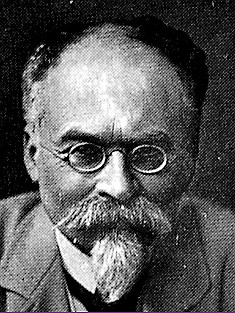A leading moral and political philosopher, Kwame Anthony Appiah is Professor of Philosophy and Law at New York University. He explores the ideas of the philosopher Hans Vahinger, who argued that our theories of the world involved understanding things “as if” what is in fact false were true.
via: http://gradlectures.berkeley.edu/lecture/
I had begun this article with reference to Hans Vaihinger’s examination of the two simple words, as-if, which he posits as a fictive device. Until I read his book I was completely unaware that I used them in daily life. Once I did, I couldn’t get as-if out of my mind. Not only that, I found it was fascinating to observe how other people used these words. When I asked if they were aware of the fact, invariably the answer was no. Nevertheless, once they did, they were delighted at finding a treasure right under their noses. From these observations I gathered that the various ways we employ as-if reflects a desire to step outside the routine of daily life, the easiest way being to entertain fanciful thoughts. Such thoughts aren’t to be dismissed outright as a waste of time. If we were asked about them, we’d respond that they constitute an important part of our lives, indeed, are essential to our psychic health. At the same time these thoughts have basis in reality–they arise from experiences in real life–and can reflect our deepest desires. excerpt Some Reflections on Hans Vaihinger (Richard McCambley)

